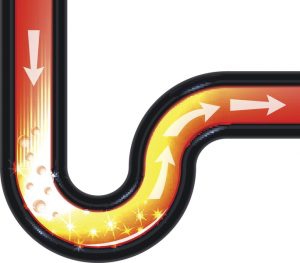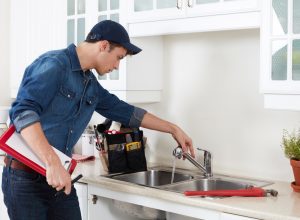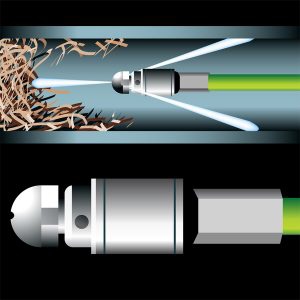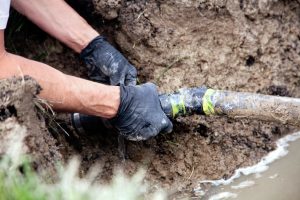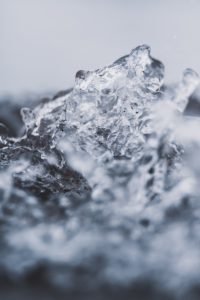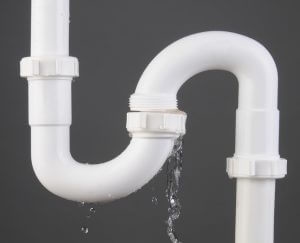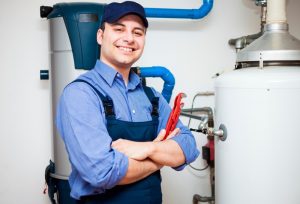If you have found yourself reading a blog about hydro-jetting, you are either very curious about plumbing services or your drain needs a good cleaning. Either way, you have come to the right place. Mallick Plumbing & Heating offers drain cleaning in Bethesda, MD.
To put it simply, hydro-jetting is a way for qualified plumbers to clean out your pipes using high-pressure water. This leaves your pipes shiny and clean! Hydro-jetting is safe, inexpensive, and very effective if performed by a trained professional. Otherwise, it can be dangerous, so make sure that you are working with qualified plumbers that will use the equipment properly.
Hydro-jetting can be used as either a preventative or reactive measure. It can clear clogs quickly and easily. A qualified plumber will use a thin hose, attached to an omnidirectional sprayer. The sprayer then hits every area of the pipe. This blasts out waste so new clogs will not form as easily. By using this method, your pipes will be cleaner than they ever have been before!
How do you know if hydro-jetting is right for your plumbing system?
Well, the first step would be to speak to a qualified plumber in your area. If you’ve noticed recurring clogs in your plumbing system, it’s time to call. Often, recurring clogs are an indication of a more serious problem with your system. Eventually, blockages can lead to plumbing system damages.
Hydro-jetting is also a very effective way in which to clean out your sewer line. Now, you obviously would not clean your sewer line out for aesthetic reasons—it’s all about functionality. Sometimes, clearing out a sewer just isn’t enough. Clearing a clog may remove a single clog, but that does not really help when your sewer or drain lines are restricted due to a gradual buildup on the walls of the pipes. A hydro-jetting service scours these surfaces, rather than just removing clogs.
A professional will determine which cleaning method will work best in your pipes. Hydro-jetting is one of the best ways to clear out debris due to hair, soap residue, grease, and more! One of the major benefits of hydro-jetting is that it allows for targeted cleaning. Hydro-jets are more advanced than motorized drain snakes. Drain snakes are also effective but can’t fully clean out a drain like a hydro jet can.
Remember, hydro-jetting can be dangerous both for the individual handling the service as well as the pipes being cleaned. Plumbers wear special protective gear to shield their faces and skin from accidents. Hydro-jetting requires plumbers to complete specialized training to use the jet correctly. Hydro-jets are powerful tools and should be used only by a professional. Luckily, Mallick Plumbing & Heating is here to help you with all your plumbing needs!
We believe in keeping up with all the latest advances in our field and we believe in the hydro jet’s ability to get the job done effectively.
For drain cleaning and other plumbing needs, contact the Service Contractor of Choice! Schedule an appointment with Mallick Plumbing & Heating today!

